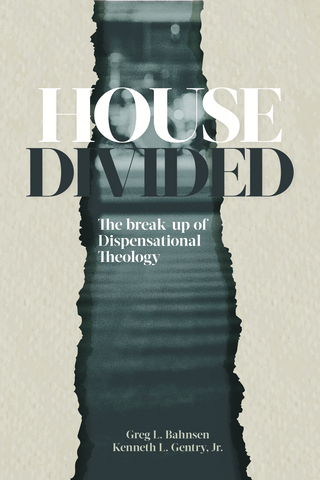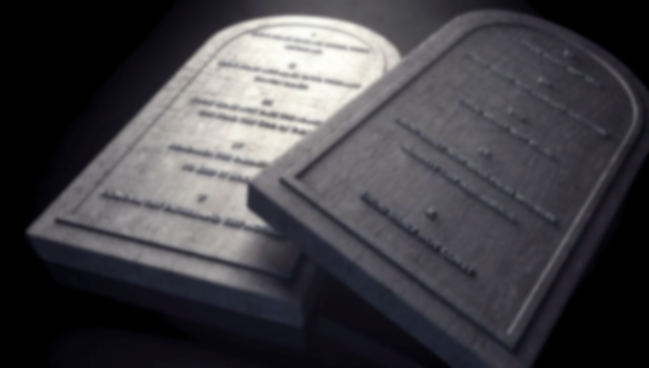Gary continues his discussion of the confusion over how God’s law should be understood and applied in modern times.
The righteousness and perfection toward which the “commandments” of “the Law and the Prophets” (Matt. 5:17-19) guide us was identified by Jesus when He said, “you shall therefore be perfect as your heavenly Father is perfect” (v. 48). God is morally perfect (Deut. 32:4; Psalm 18:30) and His law is declared to be the same (Psalm 19:7; cf. James 1:25). Both Moses and Peter concur in their inspired teaching that the commandments lead us to emulate the very holiness of God Himself: “You shall be holy, for I the Lord your God am holy” (Lev. 19:2; 1 Peter 1:15-16). The regulations and precepts of the Mosaic law are properly conceived of as God’s holy character coming to expression. Those regulations and precepts can no more change or be cancelled than the essential and immutable holiness of God could be altered.
The Bible teaches us that God alone is holy (Rev. 15:4) and that God alone is good (Mark 10:18). But Paul had no hesitation in attributing these exclusive divine attributes to the law of God as well: “So the law is holy, and the commandment is holy, and righteous, and good” (Rom. 7:12). The holiness and goodness of God refer to His essential character, not simply to the pleasure of His will. And it is this essential character which comes to expression in “the law,” according to Paul. Now to which law was Paul referring? Regardless of the claim of House and Ice that the law of Moses is different from the law of God, the law of God about which the Apostle Paul was speaking was precisely the well-known law of Moses—that law which was the special pride and advantage of the Jews (Rom. 2:17-18; 3:1-2) and whose precepts are quoted by Paul right out of the Mosaic revelation (e.g., 2:21-22) and called “the law” (7:7-8). This is the law which is holy, just and good—displaying God’s own unchanging and absolute righteousness.
It is commonplace in the history of theology to draw distinctions between the moral law, judicial (case-) law, and ceremonial law as found in the Mosaic revelation. This way of schematizing the Old Testament commands can be found in many of the creeds and theologians of the past. It is not some novel device dreamed up by theonomists to rescue them from a theological bind in their system.
Theonomists accept the general breakdown of the Mosaic law into the categories of moral, judicial, and ceremonial—despite having some reservations about misleading terminology (e.g., “ceremonial” might better be called redemptive or restorative) and having strong objection to the a priori way in which some people impose the scheme upon the Old Testament text. Essentially, this category-scheme will be of no genuine help to the interpreter as he approaches any particular text; its value is simply that of a retrospective summary device, after doing the necessary exegesis and application of specific passages in the law.

House Divided
The book that started a revolution. Bahnsen and Gentry stir the hornet's nest with this comprehensive refutation of Dispensationalism. The two pillars of law and eschatology are dealt with evenly, fairly—and most importantly—biblically. Bahnsen takes on the law sections, while Gentry handles the eschatology. Dispensationalism teaches that God has two distinct plans: one for Israel and one for the Church. Bahnsen and Gentry show clearly that God never intended or taught about separate plans. Quite the opposite, God's plan for Israel was but the first phase of His plan for the world. Jesus was both God's plan and His solution before the foundation of the world (1 Peter 1:17-21).
Buy NowGary continues his discussion of the confusion over how God’s law should be understood and applied in modern times. It is impossible to say God’s law no longer applies (which makes everyone a law unto themselves), but some seem to be saying this very thing. God’s revealed truths are for His people forever (see Deuteronomy 29:29).

